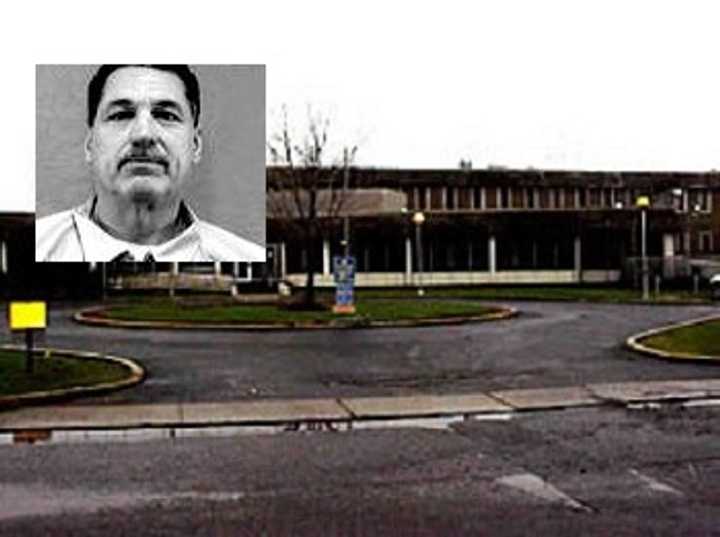It took more than a decade in court to reach the settlement, under which state authorities have agree to increase the amount of therapeutic programming, hire additional staff and meet narrowly defined goals pegged to each resident’s needs.
A federal judge also will appoint an independent monitor to review whether the state is complying for each of the next five years.
The case was originally brought by attorneys for Raymond Alves, who was committed to the state Special Treatment Unit at the Adult Diagnostic and Treatment Center in Avenel after serving two prison sentences totaling 22 years.
Alves was long considered a suspect in the unsolved murders of seven girls and young women in Bergen County and the disappearance of an eighth. But no proof was ever produced.
He completed 15 years of a 47-year term in 1992 for the rape and kidnapping, then was taken into custody again a few weeks later for violating his parole by traveling to Arizona and buying a gun.
State authorities mistakenly released Alves after seven years without notifying the Bergen County Prosecutor’s Office, violating Megan’s Law and denying an opportunity for the office to seek a civil commitment. A fugitive warrant was issued and a nationwide manhunt followed.
Twelve days later, Alves was found randomly riding a Greyhound bus around the country. A judge then civilly committed him to Avenel.
Commitments of the sexually violent predators considered unable to control their urges last indefinitely — many times for life — although the residents get review hearings at least every year. Fewer than 100 have been released the past decade.
The medium-security unit, and others like it in the state, is built on the principle that these offenders are more likely to attack again if not treated. The goal is to keep them away from society — as well as from the state prison population — while they are being treated.
Security includes cells, razor wire, guards around the perimeter and at the doors and gates, as well as regular population counts and individual room and unit searches.
Some attorneys have argued that the indefinite commitments violate due-process rights. However, the U.S. Supreme Court has found the practice constitutional.
New Jersey’s Supreme Court also ruled a decade ago that prosecutors need only provide “clear and convincing evidence” that a sex-crimes convict will re-offend to secure a civil commitment.
Serving the 450 or so residents are psychiatrists, psychologists, social workers, and substance abuse counselors.
State authorities say treatment is designed “to enhance judgment, impulse control, social skills, empathy, and many other functions. All residents are entitled to effective treatment that is humane and respectful. All residents, their families, staff, and visitors are entitled to a safe and therapeutic environment.”
Personal computing or outside connections to the Internet are prohibited, although residents get computer skills training as part of their rehab.
A resident can be released only through a state Department of Human Services recommendation or by a judge’s order.
During the lengthy litigation in the class action case, a neutral expert approved by both sides did an unprecedented and virtually unlimited investigation of the conditions and treatment programs at the center. This involved several on-site visits, interviews with staff and residents, and the review of scores of documents — and resulted in a 27-page report.
U.S. District Court Magistrate Judge Dennis M. Cavanaugh approved the settlement as “fair, reasonable and adequate” after a minor dispute over additional testimony that was settled in the past few months.
Plaintiffs in the case were represented pro bono by the Seton Hall University School of Law Center for Social Justice and the law firm of Greenberg Traurig, LLP.
Click here to follow Daily Voice South Passaic and receive free news updates.
